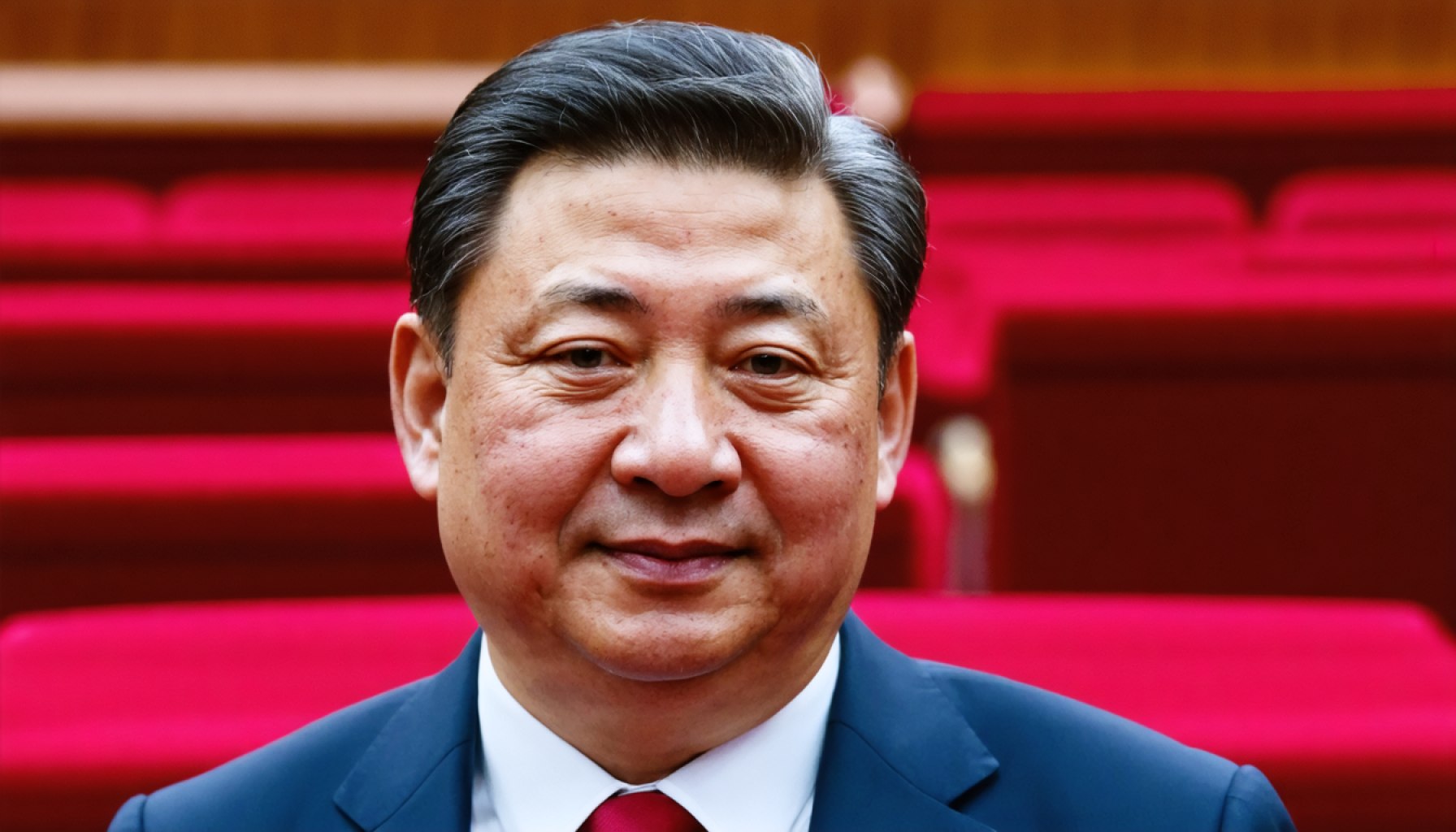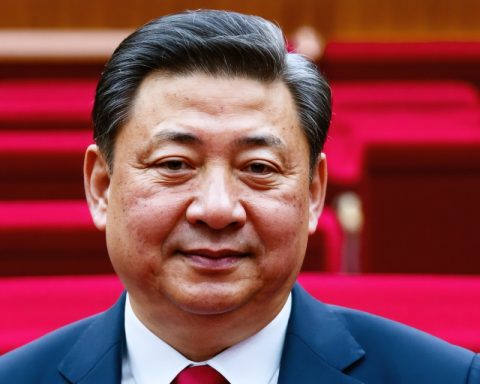- A top Chinese official, Jiang Chaoliang, is under investigation for severe misconduct, marking a significant political shift.
- Jiang’s notable roles include member of the national legislature and vice-chairman of the Agriculture and Rural Affairs Committee, as well as former Governor of Jilin and Party Secretary of Hubei.
- The Central Commission for Discipline Inspection’s probe highlights ongoing vigilance against corruption within China’s political landscape.
- This investigation serves as a potent reminder of the impermanent nature of political positions and the demand for accountability, regardless of an individual’s status or achievements.
- It emphasizes the relentless pursuit of ethical governance and transparency in Chinese politics.
The political landscape in China witnesses another seismic shift as top official Jiang Chaoliang faces scrutiny under allegations of severe misconduct. Known for his illustrious career, Jiang’s credentials include roles as a significant member of the national legislature and vice-chairman of the Agriculture and Rural Affairs Committee. Born in August 1957, he carved a path through notable political positions such as the Governor of Jilin Province and Party Secretary of Hubei Province.
While many in the corridors of power are familiar with Jiang’s seasoned leadership, the recent announcement from the Central Commission for Discipline Inspection sheds light on a different facet of his legacy. The investigation, set against swirling accusations, strikes at the heart of the Chinese political fabric during a time of heightened vigilance against corruption and ethical breaches.
Visualize the gravity of the situation: a leader accustomed to steering regional policies now navigating the challenging waters of a disciplinary probe. The imagery of this juxtaposition captivates not only those in the political realm but also everyday citizens observing the unfolding drama.
As the investigation progresses, it serves as a stark reminder of the volatile nature of political service. It emphasizes the contemporary narrative that no individual, regardless of status or achievement, is above the scrutiny demanding accountability. This development not only highlights the continued efforts to uphold integrity but also adds a new layer to Jiang’s storied yet turbulent journey in public service.
In this era of transparency and reform, the unfolding saga of Jiang Chaoliang underscores an essential truth: the quest for ethical governance remains relentless.
Shocking Allegations: What Jiang Chaoliang’s Investigation Means for China’s Political Future
How-To Steps & Life Hacks for Navigating Political Allegations
1. Understand the System: Familiarize yourself with the structure and process of China’s Central Commission for Discipline Inspection (CCDI). The CCDI is China’s top anti-corruption body, crucial for understanding any political investigation’s procedures and implications.
2. Gather Facts: Before jumping to conclusions, collect factual information from reputable sources. The CCDI often periodically releases updates that clarify progress.
3. Maintain Neutrality: While forming an opinion, consider all perspectives. High-profile investigations often lead to misinformation and bias.
4. Follow Reliable News Outlets: Stay updated through trustworthy Chinese and international media outlets that provide unbiased, comprehensive coverage.
Real-World Use Cases
– Political Analysts: Monitoring such investigations can offer insights into policy shifts and an understanding of China’s internal power dynamics.
– Investors and Economists: Understanding how political instability could affect market conditions in China is crucial for strategic decision-making.
Market Forecasts & Industry Trends
The ongoing crackdown on corruption showcases China’s steady trajectory towards establishing transparent governance. Analysts predict this could increase foreign investments by building confidence in China’s regulatory environment.
Reviews & Comparisons
Comparatively, China’s aggressive approach to curbing political misconduct contrasts with the slower-paced accountability measures observed in several Western democracies.
Controversies & Limitations
– Controversies: Critics of the CCDI argue the body’s sweeping powers may be used politically to eliminate opponents rather than simply rooting out corruption.
– Limitations: There is a lack of transparency in some investigations, leading to debates on due process and fairness in high-profile probes.
Features, Specs & Pricing
– Advancement: Initiating such a high-profile investigation reflects the significance of political accountability, forming a vital feature of China’s governance.
– Costs: Maintaining these investigatory bodies requires substantial financial resources, covered by state allocations that emphasize prioritizing ethical governance metrics.
Security & Sustainability
Integrating strict ethical standards in governance can lead to sustained political stability, essential for maintaining long-term domestic security in China.
Insights & Predictions
Long-term vigilance in curbing corruption could redefine China’s political landscape, fostering an era of accountability and potentially influencing global governance standards.
Pros & Cons Overview
– Pros: Enhances political accountability, potentially leading to robust governance structures; may inspire similar anti-corruption practices globally.
– Cons: Risk of perceived political manipulation, lengthy investigations can fuel uncertainty and impact public trust.
Actionable Recommendations or Quick Tips
– Stay Informed: Regularly check updates from official sources such as the Central Commission for Discipline Inspection to understand ongoing issues and their context.
– Engage in Discussions: Join online forums or scholarly discussions to gain multiple viewpoints on China’s political developments.
– Consider Global Implications: Explore how shifts in China’s political landscape may impact international policies and economic strategies.
For more profound insights into China’s political dynamics, visit BBC and Reuters for trustworthy reporting and expert analysis on global events.

















